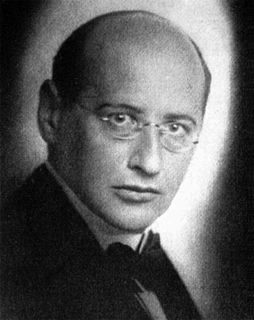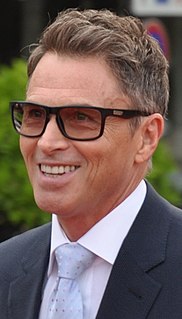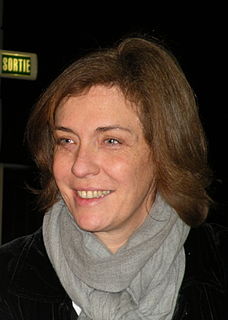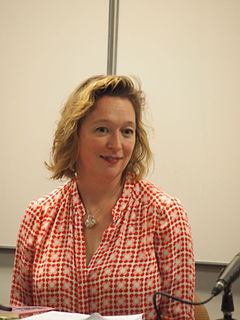A Quote by John C. Maxwell
We tend to think of great thinkers and innovators as soloists, but the truth is that the greatest innovative thinking doesn't occur in a vacuum.
Quote Topics
Related Quotes
A great thinker once described innovative thinkers this way: "Some men see things as they are and say, 'Why?' I dream of things that never were and say, 'Why not?'" Innovative thinkers are constantly asking questions such as these. How can we improve recruiting, hiring and training. How can be add greater value to our products and services by making them even better? How can we do more to nourish the personal as well as professional development of our people? What more can we do as a good citizen where we do business?
Competition has never been more threatening than it is now. Innovative thinkers challenge the status quo in their organizations. They are often viewed as "troublemakers." They threaten the defenders of the status quo. So competition within an organization can also be brutal. The most effective leaders overcome "the ideology of comfort and the tyranny of custom" by being change agents themselves. They encourage and reward innovative thinking. I have observed that people only resist changes imposed on them by other people.
For better or worse, I tend to do a lot of thinking in my poems. But lately I've been trying to pay more attention to when and where I do that thinking, to be attentive to the settings in which meditation takes place. Sometimes the disconnect between the mind and the world is itself revealing, but in 'The Whole World Is Gone,' I think the setting deeply complements, indeed elicits and allows, a certain set of realizations to occur.
I think sometimes younger people - not necessarily thinkers and intellectuals and the like, but people who are on social media and who are not as informed as journalists or professional thinkers - may get a bit, you know, impatient with the necessity of sustained thinking, sustained argumentation, sustained dialogue.





































